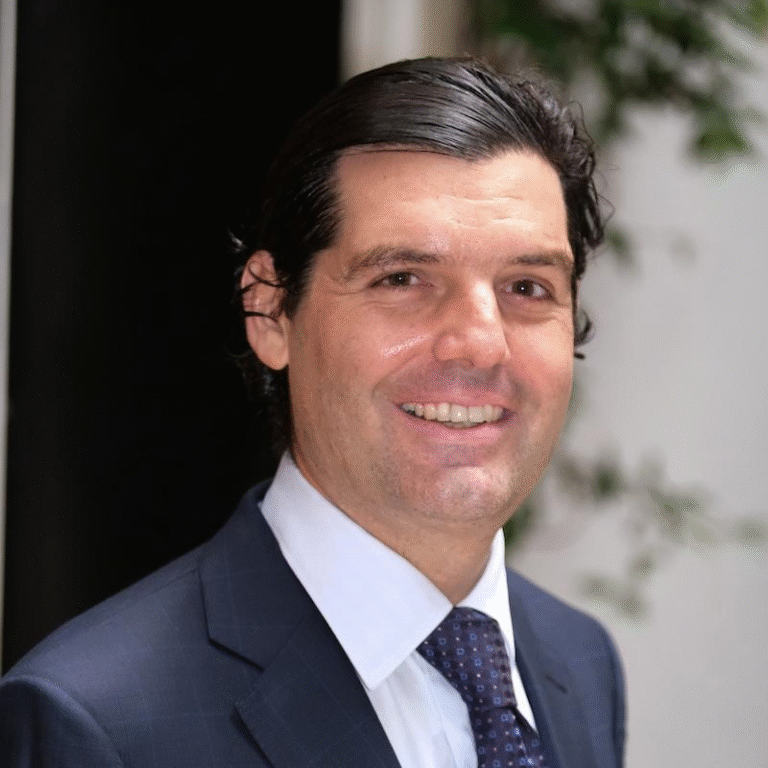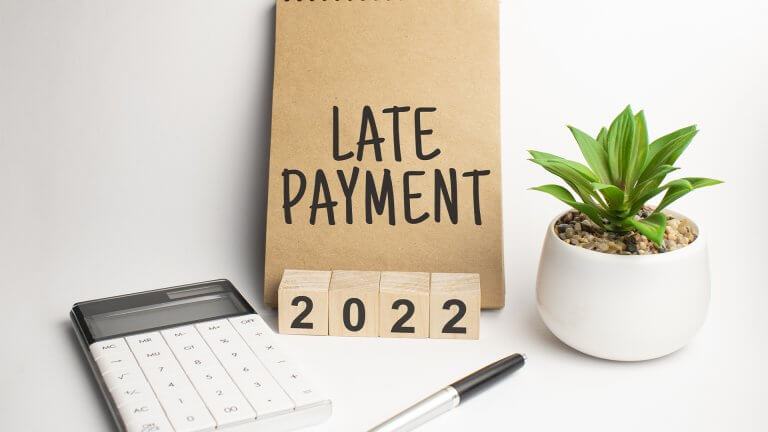
If you’re experiencing wanderlust, hopping on a plane or train to your favorite or new destinations is the best cure. Finances can get in the way of your dream vacation, so smart planning is critical. How can you get the most from your budget? Here are seven expert tips to follow before heading to your next location.
1. Make Room in Your Budget
A 2023 survey found Americans limit their annual vacations to $2,743, so you may need to rearrange your finances.
Audit your spending and find places where you can save money. For instance, you may subscribe to a streaming service you don’t watch anymore. How about eating at home more instead of ordering delivery? Making meals in your kitchen instead of getting restaurant food can save money for your trip, and it will be worth it when you’re eating delicious food on your vacation.
2. Start a Savings Account for Traveling
If your dream vacation is still in the works, consider starting a savings account dedicated to travel. This money pot will grow until you’re ready to plan your trip, providing extra cash for your budget.
Maximizing your travel budget means starting a high-yield savings account due to their interest rates. While the Federal Reserve may change the rates, you can expect higher growth than traditional savings accounts.
3. Find Affordable Destinations
Traveling on a budget might mean Switzerland and Vail are out the window. However, you can still have fun worldwide in affordable destinations. Consider locations less traveled, as lower demand typically reduces prices.
There are countless amazing destinations in the world, so if your top choice is out of budget, do some research and find an alternative that’s more affordable but still offers a similar experience. For example, Costa Rica is a more affordable option for seeing rainforests and tropical landscapes compared to Hawaii.
4. Time Your Bookings
Saving money on flights can feel like a guessing game, as there’s no magic formula to getting the best deal. However, you can put yourself in a bad spot if you wait until the last minute to book your flight.
If you know where you want to travel, check the flight prices to see how they fluctuate. Travel professionals say to reserve international flights at least three months before your vacation. For domestic trips, the best fares are typically between two weeks and two months beforehand.
5. Smartly Pack Your Bags
Packing your bags may seem small, but it goes a long way toward enjoying your budget once you’re on vacation. If you overpack, you might not have enough room for souvenirs and extra items in your suitcase. Plus, overweight bags can cost you additional fees when traveling by plane.
Your packed bags can also impact your car if you go on a road trip. Vehicles carrying more weight must use extra fuel to propel themselves, so consider your belongings in the trunk and backseat.
6. Have Fun With Free Activities
When traveling, you should expect to pay money at hotels and restaurants. However, your itinerary should include free activities to make more room in your budget.
Free vacation activities typically take you outdoors. Check out public beaches, parks and walking tours. Local museums may have free days on special occasions, so plan your trip around their calendar.
7. Plan an Off-Season Trip
Regardless of your destination, you should consider the time of year for your visit. If you go to the beach in July, expect big crowds and long lines. Traveling on a budget requires finding off-season rates.
The best time to visit depends on the destination, so find a happy medium between costs and conditions. A NerdWallet analysis determined September was the best month for a Disney World trip due to low ticket prices.
Getting the Most From Your Travel Money in 2025
Traveling the world broadens your horizons and could permanently change your worldview. However, your bank account could get in the way of seeing the entire globe. Make the most of your vacations by traveling on a budget and planning wisely. From savings accounts to efficiently packed bags, you can find crucial ways to reduce costs.






















